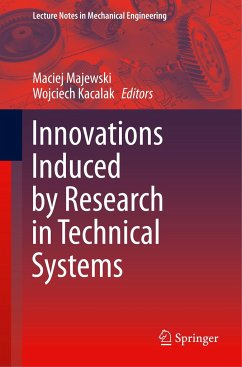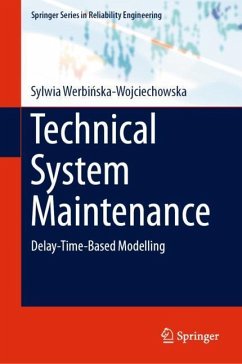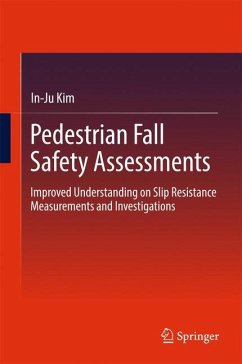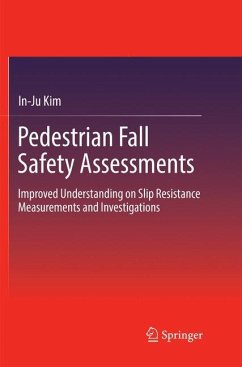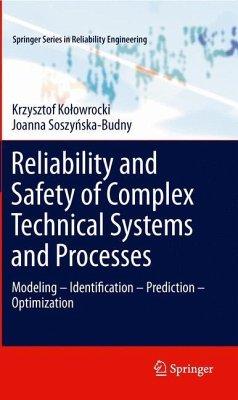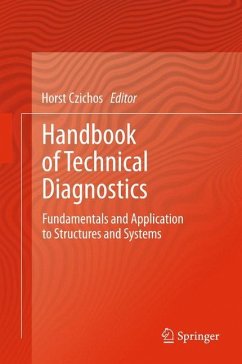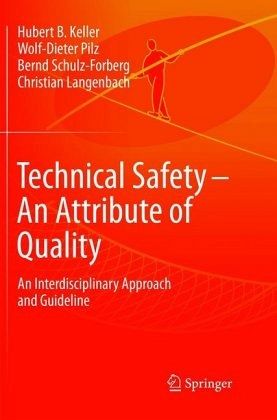
Technical Safety - An Attribute of Quality
An Interdisciplinary Approach and Guideline
Versandkostenfrei!
Versandfertig in 6-10 Tagen
76,99 €
inkl. MwSt.
Weitere Ausgaben:

PAYBACK Punkte
38 °P sammeln!
This book focuses on technical safety, means of expanding the current procedures, and making the related risks more predictable. It identifies the 'hidden commonalities' of the various technical safety concepts and formulates a corresponding procedure, applicable across disciplines, in a single guideline.The future is now: we constantly face change through science, research and technologies, change through industrial development, and new innovations and complexities. Our society fundamentally depends on technical systems, infrastructures and interconnected smart components, in every corner of ...
This book focuses on technical safety, means of expanding the current procedures, and making the related risks more predictable. It identifies the 'hidden commonalities' of the various technical safety concepts and formulates a corresponding procedure, applicable across disciplines, in a single guideline.
The future is now: we constantly face change through science, research and technologies, change through industrial development, and new innovations and complexities. Our society fundamentally depends on technical systems, infrastructures and interconnected smart components, in every corner of the human environment. And these systems bring with them the need for technical safety. The risks of extending what is technically feasible have to be identified and analyzed at an early stage so as to avoid and/or mitigate potential harm by means of appropriate countermeasures.
Every technical field interprets technical safety in its own way. However, if a safety conceptis to becomprehensively applied, it must be compatible with all technical fields - a challenge this book successfully addresses.
The future is now: we constantly face change through science, research and technologies, change through industrial development, and new innovations and complexities. Our society fundamentally depends on technical systems, infrastructures and interconnected smart components, in every corner of the human environment. And these systems bring with them the need for technical safety. The risks of extending what is technically feasible have to be identified and analyzed at an early stage so as to avoid and/or mitigate potential harm by means of appropriate countermeasures.
Every technical field interprets technical safety in its own way. However, if a safety conceptis to becomprehensively applied, it must be compatible with all technical fields - a challenge this book successfully addresses.



